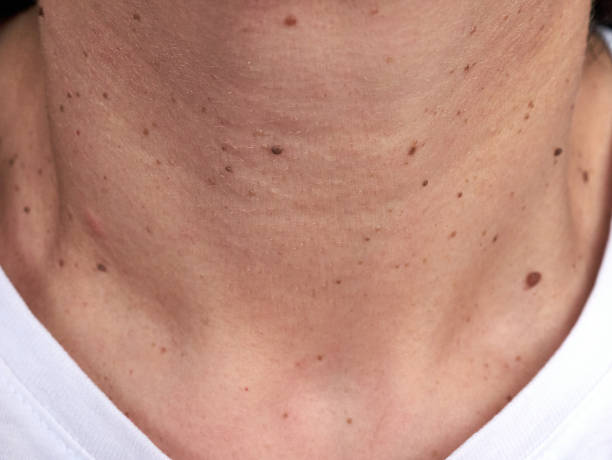Warts are common skin growths caused by the human papillomavirus (HPV). Although they are usually benign, many people seek professional treatment to remove warts due to aesthetic concerns or discomfort. Warts removal treatment by doctors involves medical procedures to safely eliminate warts, preventing them from reappearing or causing further issues.
What is Warts Removal Treatment?
Warts Removal in Dubai refers to the professional procedures performed by doctors to remove warts effectively and safely. The treatment method chosen depends on factors such as the type, size, and location of the wart. Common treatments include cryotherapy (freezing), laser therapy, surgical excision, and topical treatments. Doctors select the most suitable method based on the specific needs of the patient.
Benefits:
Permanent Results:
One of the primary benefits of professional warts removal treatment is the potential for permanent removal. When the procedure is done correctly, the wart is eliminated, and the chances of recurrence are minimized.

Quick and Efficient Procedure:
Warts removal treatments performed by healthcare professionals are generally quick and efficient. For example, cryotherapy and laser therapy typically take only a few minutes, allowing patients to return to their daily activities almost immediately.
Minimized Risk of Infection:
Under the care of a healthcare professional, warts are removed in a sterile environment, reducing the risk of infection or complications that can arise from self-treatment at home.
Reduced Scarring:
Most warts removal methods used by doctors are designed to minimize scarring. Cryotherapy, laser therapy, and other techniques target only the wart tissue, leaving the surrounding skin unharmed.
Effective for Different Types of Warts:
Doctors can treat various types of warts, including common warts, plantar warts, and genital warts. Depending on the type of wart, the doctor will choose the best treatment method to ensure the most effective outcome.
Types of Warts Removal Treatments
Cryotherapy (Freezing Treatment):
Cryotherapy is one of the most commonly used methods for wart removal. This procedure involves applying liquid nitrogen to freeze the wart, causing it to break down and eventually fall off. Multiple sessions may be required for complete removal.
Laser Therapy:
Laser therapy uses focused light to target and destroy wart tissue. This method is particularly effective for larger or more stubborn warts. Laser treatment offers precise control, ensuring that only the wart is affected.
Surgical Excision:
Surgical excision is a technique where the wart is cut out with a scalpel. This treatment is typically used for larger warts or those that have not responded to other methods. The procedure is quick and effective, and scarring is usually minimal.
Topical Treatments:
Doctors may prescribe topical treatments to help break down the wart tissue. These treatments are often used for smaller or less severe warts. Topical treatments are typically combined with other methods for better results.
FAQs:
Will warts come back after removal?
Warts may return if the HPV virus remains in the skin. However, when treated by a doctor, the risk of recurrence is minimized, and the wart is often permanently removed.
How long does it take for warts to go away after removal?
The time it takes for warts to disappear depends on the method used. Cryotherapy or laser therapy usually results in quick recovery, while some methods may require a few weeks for complete healing.
Is the warts removal process painful?
The removal process is generally not painful. Treatments like cryotherapy or laser therapy may cause some discomfort, but the pain is typically mild and short-lived.
Can I remove warts myself at home?
While there are over-the-counter treatments available, it is always best to seek professional medical help for wart removal. Doctors can provide more effective and safe treatments.
What happens if a wart is not removed?
If left untreated, warts can continue to grow and spread. Some warts may cause discomfort or pain, especially if located on weight-bearing areas like the feet.
Conclusion:
While warts can sometimes recur after removal due to the persistence of the HPV virus, professional treatment significantly reduces the chances of recurrence. By choosing the right treatment method, individuals can achieve permanent wart removal and enjoy the benefits of smoother, healthier skin. Seeking treatment from a doctor ensures a safe, effective, and long-lasting solution for wart removal.
